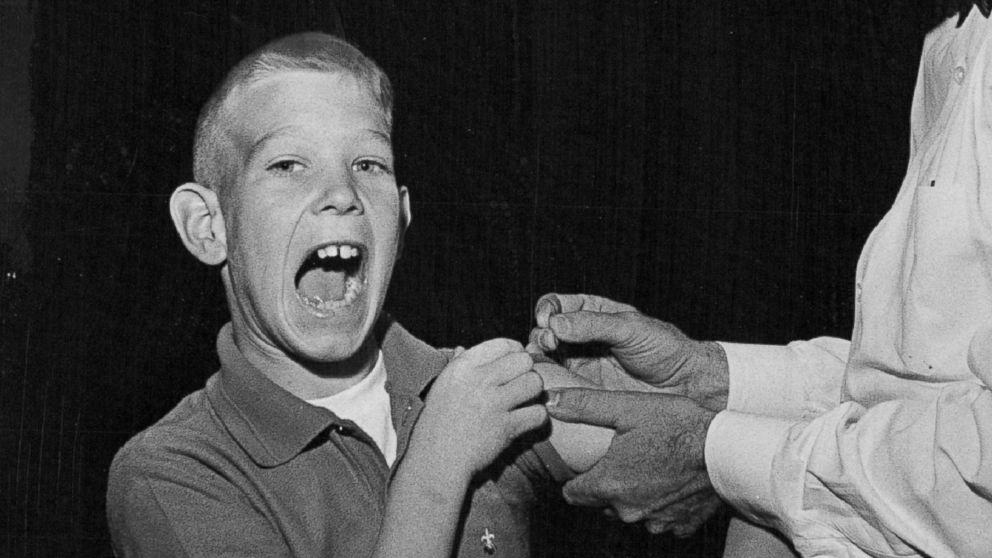Anti-vaccination movements are not new. In the 1700s, in the midst of a smallpox epidemic, Bostonians rampaged against those who sought to inoculate the public, assaulted them in the streets, and threw bombs at their houses. In a dumb twist, they even rounded up the inoculated and forcibly quarantined them on an offshore island. The following century in Montreal, in the midst of another smallpox epidemic, anti-vaxxers rioted, destroyed public health buildings, vandalized pharmacies that sold the smallpox vaccine, trashed the central police station, and stabbed and stoned the police chief. Following are thirty things about those and other dumb moments from the history of medicine.

ADVERTISEMENT - CONTINUE READING BELOW
30. A Triumph of Humanity Threatened by Dumb Beliefs and Scienc-y Sounding Gibberish
Vaccination is the most effective method to prevent or combat infectious diseases, and the use of vaccines on a global scale in the modern era has been one of humanity’s greatest medical triumphs. Vaccination and the resultant widespread immunity have led to the worldwide eradication of deadly smallpox – a highly infectious contagion that killed about 10% to 30% of those who caught it and scarred, blinded, or otherwise disfigured most of the rest. Vaccination has also eliminated diseases such as tetanus and polio from much of the world. Numerous studies over the years have verified the effectiveness of vaccination.

ADVERTISEMENT - CONTINUE READING BELOW
Nonetheless, an eruption – or more like resurgence – of dumb beliefs that lack any scientific support threatens to undo much of that progress. For example measles, a highly infectious disease that killed millions around the world every year until as recently as the 1980s, saw its fatalities drop to only 73,000 a year because of widespread vaccination. In the United States, measles was all but eradicated until a wave of vaccine resistance, based on science-y sounding gibberish and fraudulent studies, fueled a comeback. Unfortunately, as seen below, such irrational resistance has historic precedent. Anti-vaxxers have been around since vaccines were first invented.

